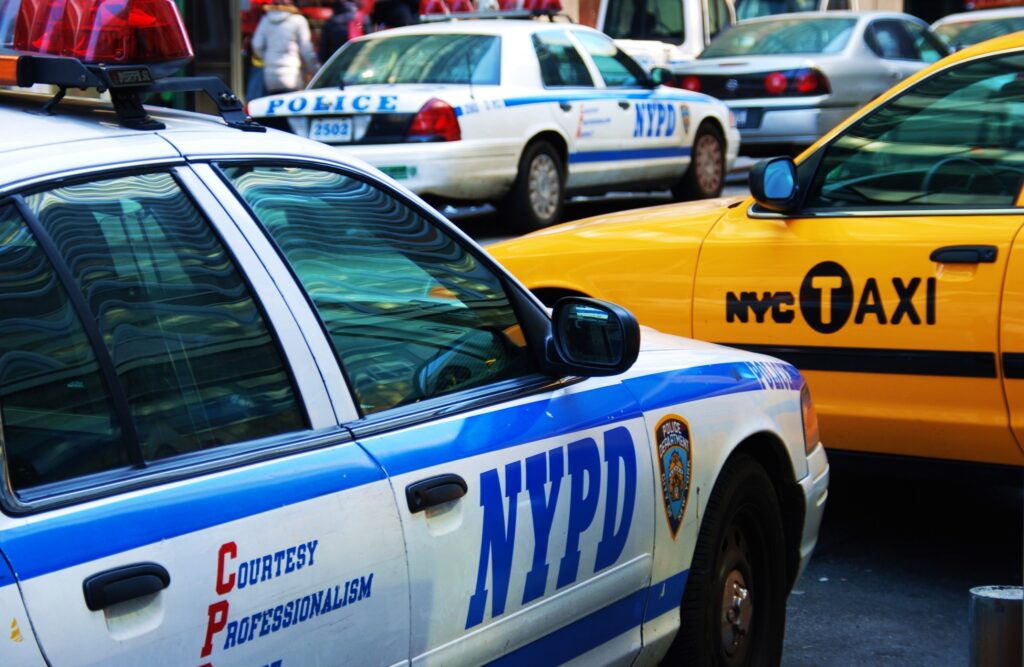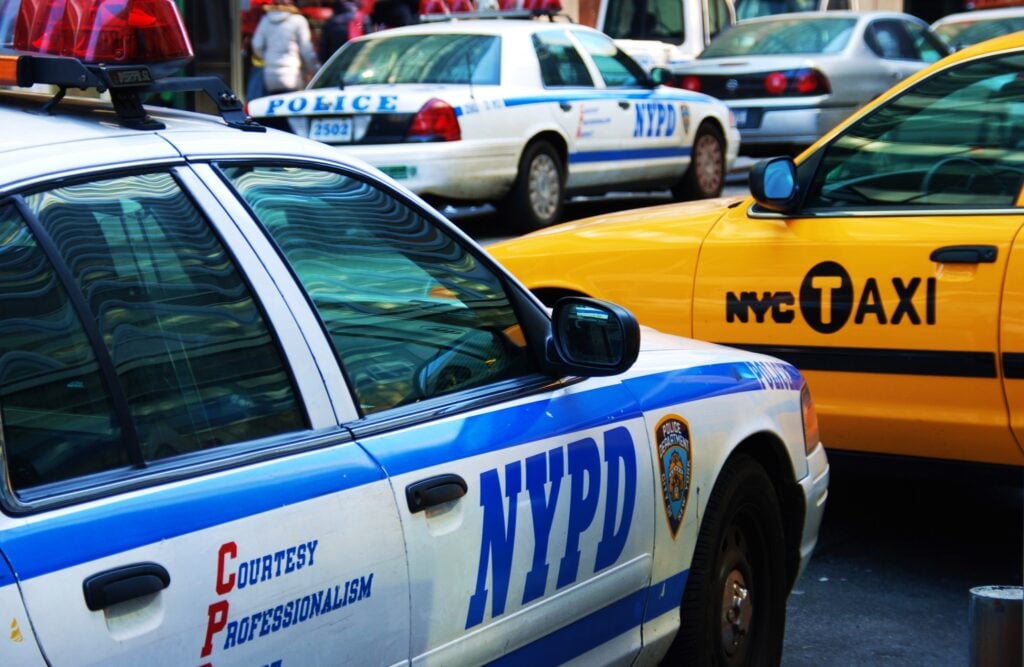
NEW YORK, NY—An off-duty NYPD officer was arrested and charged with second-degree strangulation on Thursday in the 44 Precinct. Omar Habib, a 40-year-old male officer, was taken into custody at 9:30 AM under serious allegations. The specific details surrounding the incident leading to Habib’s arrest have not been disclosed by the authorities. Further developments in the case are awaited as the investigation continues.
Omar M. Habib, a 39-year-old NYPD officer currently stationed at Police Service Area 7, presents a complex profile marked by a history of multiple allegations and disciplinary actions throughout his service since January 2007. Badge #748, Habib has been involved in various units including the Manhattan Court Section, 40th Precinct, and 47th Precinct, and earned $119,000 last year.
Substantiated Allegations and Disciplinary Actions: Habib’s career is shadowed by a series of substantiated allegations, including:
- Use of a chokehold and other forms of physical force.
- Engaging in sexual misconduct, verbal harassment, and other abuses of authority such as retaliatory summons.
- Multiple incidents of discourtesy, primarily involving inappropriate verbal exchanges.
Habib has faced various disciplinary cases, with notable ones closed in 2011 and 2019. He has been found guilty of wrongful use of force and failure to document incidents accurately, resulting in penalties like dismissal probation and suspension.
He has been named in multiple lawsuits with allegations ranging from unnecessary physical force to wrongful arrest, leading to several settlements including a notable $20,000 settlement in the McBride vs. City of New York case. His actions have not only led to civil claims but have also raised significant questions about policing standards and accountability.
Habib’s conduct has been the subject of various articles and reports, criticizing the NYPD’s oversight mechanisms and highlighting the officer’s repeated involvement in controversial incidents. These include critiques from sources like LatinoJustice PRLDEF, ProPublica, and The City, which discuss systemic issues in how NYPD officers are shielded from full accountability.
Officer Habib’s extensive record of misconduct and subsequent disciplinary actions illuminate ongoing challenges within the NYPD in managing officer behavior and ensuring public trust. His case exemplifies the difficulties in balancing officer oversight with the need for effective community policing, prompting ongoing debates over reform and the implementation of stricter controls within the police force.
As the NYPD continues to navigate these complex issues, the focus remains on improving oversight, increasing transparency, and restoring public confidence in law enforcement. Officer Habib’s case serves as a critical example of the need for systemic change to address the root causes of police misconduct and to foster a more just and accountable policing system.

